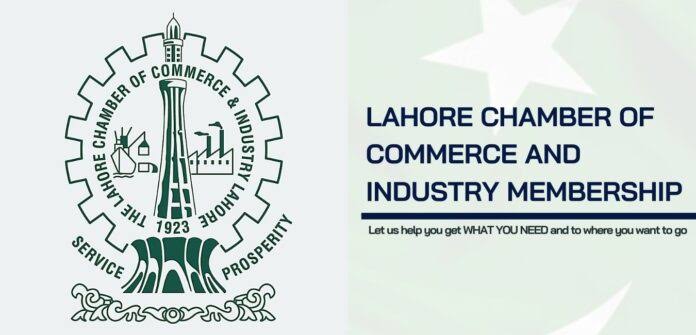Lahore, November 14 – In its first meeting, the Executive Committee has shown full trust in the leadership of LCCI President Mian Abuzar Shad. The Executive Committee Meeting which continued for over three hours, discussed all issues including smog, electricity winter package for industry, market closure times, EPA and FIA notices, upcoming auto policy, exporters refunds, freight forwarders issues and massive impounding of vehicles in the wake of any possible protests.
The LCCI Senior Vice President Engineer Khalid Usman and Vice President Shahid Nazir Chaudhry gave doable proposals on the economic challenges being faced by the business community.
The LCCI Executive Committee emphasized the severe smog crisis that is impacting Lahore and the broader Punjab region. Smog has not only created health hazards for residents but has also hindered business operations due to reduced visibility and forced closures in some sectors. To address this environmental emergency, LCCI proposed a collaborative and solution-oriented approach.
LCCI President Mian Abuzar Shad said that the traffic is the main reason of smog with a contribution of more than 83 percent therefore the businesses should not be targeted.
He called for more flexible market closure hours saying that extended operational hours would not only boost trade activity but also accommodate consumer needs.
The LCCI office-bearers suggested incentives for businesses that incorporate eco-friendly practices, such as transitioning to renewable energy sources, implementation of waste management systems and reducing reliance on fossil fuels.
The Executive Committee highlighted the necessity of a tailored winter electricity package for industries to reduce production costs and sustain operations during the low-demand winter months. Affordable power is critical for the competitiveness of Pakistan’s industrial sector.
The LCCI office-bearers said that there has been a rise in regulatory notices from the Environmental Protection Agency (EPA) and the Federal Investigation Agency (FIA) directed at industrial businesses. LCCI stressed that while environmental compliance is essential, cooperation and support from these agencies are necessary to achieve sustainability goals without undue disruption to businesses.
Regarding forthcoming auto policy, LCCI advocated for incentives that promote local manufacturing, job creation and technology development. Additionally, the policy should include support for electric vehicle (EV) infrastructure to prepare Pakistan for global trends in automotive innovation.
They said that exporters are facing cash flow issues due to delayed refunds which are impacting trade competitiveness. LCCI urged swift action to expedite refunds and address logistics issues in freight forwarding, which would reduce costs and support timely international trade.
The LCCI office-bearers said that the impounding of commercial vehicles in anticipation of protests was criticized for disrupting logistics and supply chains. LCCI requested that authorities explore alternative strategies to maintain public order without negatively affecting trade.
LCCI Executive Committee recommended forming partnerships with government agencies to develop a sustainable roadmap. This could include tax breaks for companies that invest in green technology, funding for air-quality monitoring systems and support for urban forestry initiatives to combat pollutants.
They also highlighted the issue faced by the motorcycle industry regarding the steep late payment charges imposed by the Excise and Taxation Department on the transfer of second-hand motorcycles.
The LCCI office-bearers said that the government to promote investment in essential infrastructure, renewable energy projects, and IT advancements, fostering industrial growth and creating employment opportunities.
The Executive Committee emphasized the importance of small and medium enterprises (SMEs) in the economy and proposed tax relief, easier regulatory compliance, and better access to low-interest financing for SMEs.
They added that simpler tax structure, reduced compliance demands, and lowered markup rates could ease financial pressure and allow traders to operate more effectively.



Comments are closed.